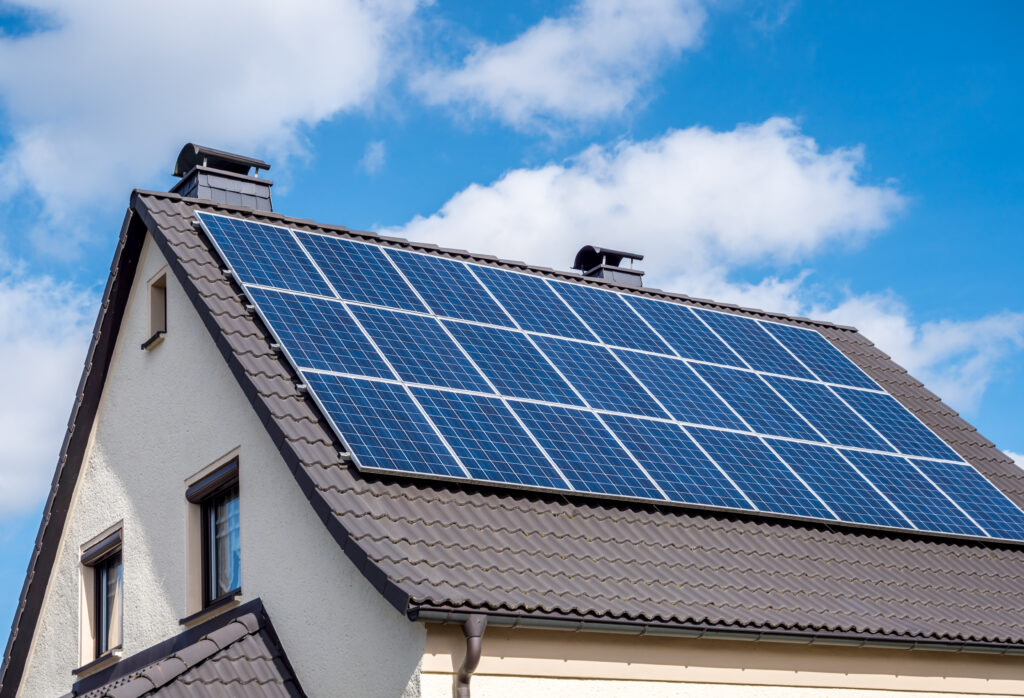Before taxes, an installed rooftop solar energy system can cost anywhere between $15,000 and $25,000, according to the Center for Sustainable Energy. Paying to replace a damaged system could be a big financial burden for some homeowners. Being able to insure that investment against damage from a storm or other event could be key in whether you choose to add solar panels to your home.
If you lease your solar panels, you may not need to insure them yourself as some leasing companies carry their own insurance for the panels. However, other leasing companies may require you to insure them, either through your homeowners insurance or a separate policy offered by the leasing company. Whether you plan to buy or lease your panels, you should always notify your insurance company and double-check your coverage before installing them to ensure your investment is protected.
According to the Solar Energy Industries Association, residential solar energy has experienced an average yearly growth rate of 68% over the last decade. Here are some things to know about insuring solar panels.
What You Need to Know About Insuring Solar Panels
Life Cycle
The average lifespan of a photovoltaic PV module (the web that captures solar power to transform it into sustainable energy) is between 25 and 30 years exceeding the life of an asphalt shingle roof. Additionally, since the first large-scale installations of solar panels did not occur until the early 1990s, the first concerns about the dangers of solar panel disposal will not emerge for another 10 or 15 years. However, it is still an important point to address.
Solar energy is a relatively new technology, so standards for disposal of solar panels and PV modules are still uncharted waters. However, if you are considering buying a home or green building that uses solar energy or involved in the installation of solar panels or PV cell manufacturing, it is important to think 30 years down the road to your potential solar energy liabilities when it comes to disposal. One of the biggest questions in the industry right now is who should be held responsible for solar panel disposal. Until officials answer this question, consider the following points before you decide to take part in the green movement.
Recycling Programs
Industry leaders are calling for producers and manufacturers to consider the environmental impacts of the green movement at all stages of the product life cycle. According to the PV Cycle Association, PV modules contain materials that can be recovered and reused to make new modules or other products. This holds true for both types of products in production today, the thin-film and silicon modules.
Since there are currently no concrete guidelines to determine which party is responsible for solar panel disposal, play it safe—opt for recycling panels where possible. If the manufacturer takes the panels back for disposal, ask the company whether they will be thrown away or recycled to ensure you know your risks when handing the product back.
Landfill Dangers
Whole panels or smaller parts that cannot be recycled will inevitably end up in a landfill. In general, experts say that solar panels and other PV products are safe for landfills because the PV materials themselves are encased in glass or plastic. However, there is some debate about the amount of damage PV panels could cause should the encasing crack or break while buried. If you are responsible for disposal, you must decide how large of a risk you want to take.
PV semiconductor manufacturing involves extremely toxic, carcinogenic materials, including arsine, cadmium, dichloromethane, trichloroethylene and selenium. If the heavy metals leach into surrounding soil and into the groundwater, someone will inevitably be held liable. Given the lack of governmental standards on the matter as of now, and without proper coverage, it could very well be you or your business. If you opt for disposal rather than recycling, talk to Acentria about what kind of environmental coverage you currently have to protect your business if something goes wrong in the landfill down the road.
Get Covered: Insuring Solar Panels With Acentria
Whether you are a business owner going green, a contractor performing solar panel installations or a PV module manufacturer, seeking out the proper coverage for your green risks is crucial. In addition, do not forget to seek coverage for disposal or recycling liabilities, even though it may not affect you directly for years to come. Read all contracts carefully to determine whether you are responsible for safe disposal to avoid devastatingly costly claims down the road.
If your current policy does not specifically address green risks, contact Acentria today to find out what the limits are and whether you will need to have a more inclusive policy.
























